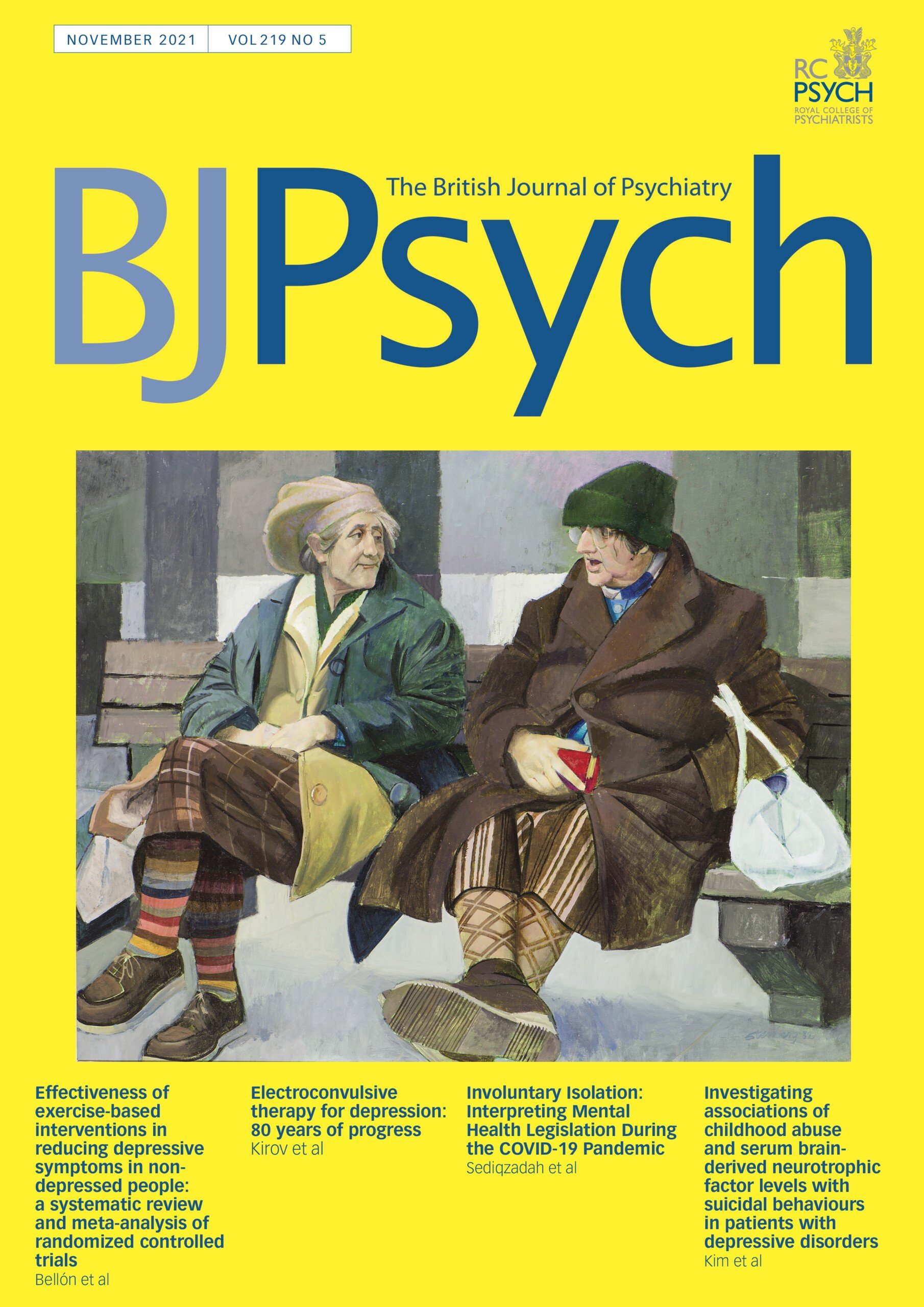November 2021
/There are ongoing concerns about the impact of antipsychotic use during pregnancy, particularly with respect to increased risks of neurodevelopmental complications. There are few randomised controlled trials in pregnant women, and there is the major confounder that the condition being treated may itself be associated with adverse effects in the infant. Wang et al. used a population-based cohort observational study of almost half a million mother–child pairs in Hong Kong, measured across a 14 year timeframe. Subsequently, just over 13 000 children were diagnosed with attention-deficit hyperactivity disorder (ADHD) and just under 9000 with an autism spectrum disorder (ASD). A sibling-matched analysis was included to try to account for unmeasured genetic and environmental confounders, and women concomitantly prescribed antidepressants or lithium were excluded owing to a recognised association with the adverse outcomes under evaluation. Analysis of gestational exposure to antipsychotics, whether first- or second-generation medications, found no association with either condition, or indeed with preterm birth or babies being small for gestational age. There is an association between maternal mental illness and higher rates of children developing ADHD and ASD, but the prescribed antipsychotic medications are not driving it (this is an example of confounding by indication). Here, the benefit/risk ratio for treatment during pregnancy is weighted far more towards active pharmacological intervention. The findings are important and should be a source of reassurance to many patients and clinicians.


